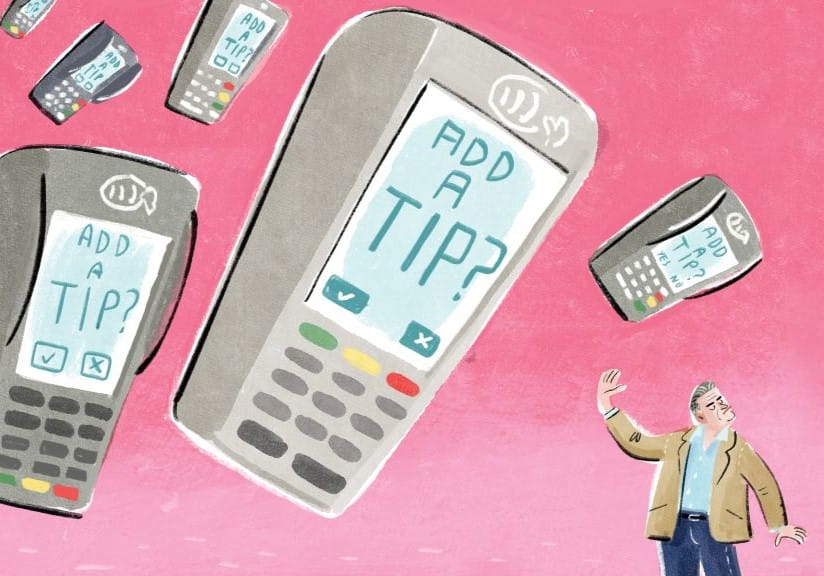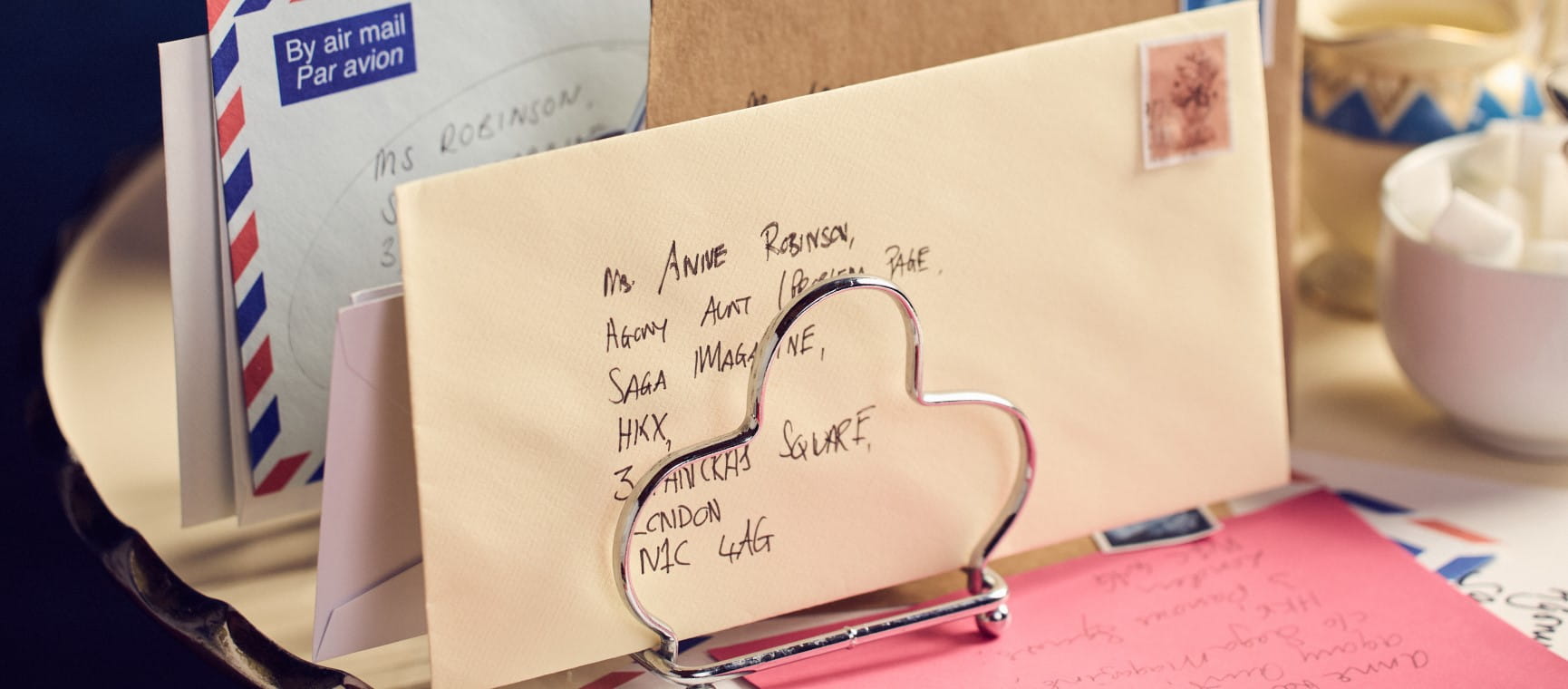
There is £300 billion in individual bank accounts that is earning the grand return of 0%. That’s right: zero, nought, zilch. It is sitting in what the Bank of England calls ‘non-interest-bearing sight deposits’ – current accounts and others where you can take the money out whenever you want but it earns nothing.
The average total in such accounts for the six months to April 2025 was £300.7 billion.
The banks are happy. They can deposit your money with the Bank of England, which will pay them the bank rate in return (currently 4.25%). If it was all deposited that would earn £12.75 billion interest for banks – which are paying their customers nothing.
The individuals who own this money could of course move it and earn interest themselves. But many do not. A recent survey by investment platform Hargreaves Lansdown found that one in three savers has not moved their savings for the past five years.
In 2020, the best savings accounts were paying around 1% compared with over 4% today, so they are losing a fortune in lost interest. That is why you should send your money out to work. If you have £10,000 at 4% that would mean £400 – around £8 a week – extra income.
If your total interest is below the £1,000 savings allowance it will be tax-free for basic rate taxpayers and even higher rate taxpayers can have £500 tax-free interest. And that is after you have put up to £20,000 a year into an ISA (Individual Savings Account), where all interest clocked up is tax free. Cash interest rates on ISAs are currently as good as they are on taxable accounts.
What's happening to Cash ISAs? Find out from the experts at Saga Money.
Nowadays, it is easy to move money from one savings account to another, especially if you do it all online. You can easily open a new high-paying savings account then take the money out of any low-paying accounts into your current account. The moment it arrives – and it usually is in moments now – you can use it to fund the new account. Job done.
If you have a lot of cash saved up, remember that it is safe up to a maximum of £85,000 in any one bank. The limit applies to an individual’s money in banks sharing one licence. So, for example, money in Halifax overlaps with money in Bank of Scotland or Birmingham Midshires because they are all owned by what is now Lloyds Banking Group.
Always check you have not put money into two banks that share a licence and you may want to split large amounts of cash between several banks to keep each below the limit. A joint bank account with your spouse or partner gets double the protection – £170,000.
All money up to the limit is protected by the Financial Services Compensation Scheme (FSCS). If a bank did go bust, the FSCS would refund you within a week or so. In the next few months, this protection limit is expected to rise to £110,000.
Protection only applies to money in banks regulated in the UK. It does not apply to non-banks, officially called Electronic Money Institutions or EMIs, which can offer current or savings accounts.
Always check that your cash would be covered before moving it.
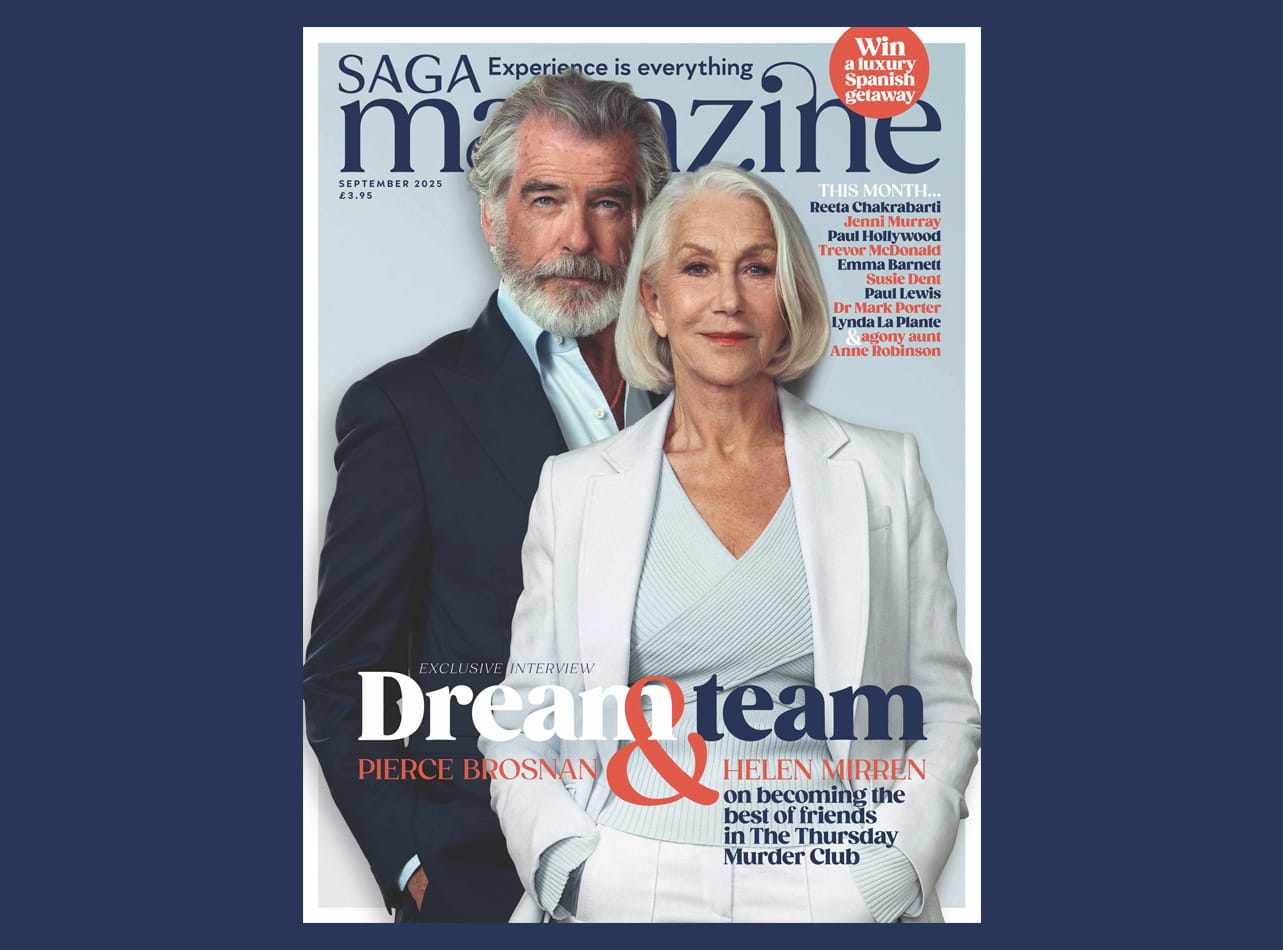
Get the next 3 print editions of Saga Magazine for just £3 when you subscribe and enjoy more content like this, delivered direct to your door every month.
If you want to make your money work harder, you need to find a reliable list of the best buys.
An independent financial adviser called The Private Office now keeps the best database of best buys – you can find it by searching ‘the private office best buys’. The Money Facts website also has best buy tables.
You must decide if you want to tie your money up for a year or longer or have it in an easy-access account where you can take it out when you want. Fixed-term deposits will pay a guaranteed rate for the whole fixed period, but you will have no access to your money until that ends.
Easy-access accounts pay a variable rate. So, if the bank rate is cut later this year, as many expect, they will almost certainly follow it down.
There are also ‘notice accounts’ where you are free to take your money out when you want but you must give notice first – perhaps 30 days, perhaps three months. They can offer good rates, but you have to plan when you will need your cash.
Read more from Saga Money about how to make the most of your cash
Maxed out your ISA? Here’s where to put your savings next for better returns
Could inflation be eroding your savings? How to find out and fight back
If you are concerned about what your money is used for, you could go for a Sharia account. They pay a return that they do not call interest because Islam does not allow that. Instead, they pay ‘expected profit’. That is expressed as a percentage and these stated returns have always been paid.
Alternatively, there’s an organisation called MotherTree that produces a league table of banks showing how ‘green’ your money is with them.
You can avoid some of the hassle of moving your money regularly to the best paying account by using a savings platform. You register once with the platform and then you can move your money to any accounts they list, though transfers usually take a day or so. You will also be able to see easily where your savings are, what they are earning, and some even provide an end of year statement for tax.
Some platforms charge you a percentage of the total money on deposit – what I like to call a wealth tax – while others take a slice of the return your money earns. Some claim to charge customers no fees, instead collecting a fee from the banks listed for each deposit opened.
Platforms will not have the range of best buys you can find for yourself and the rates on the accounts they list may be below what you can get on the open market.
Always work out what the total charges will be and that you are happy it is value for money for the time and hassle you save.
Paul Lewis is a prize-winning financial journalist and presenter of Money Box on Radio 4. He also writes extensively on personal finance and money matters for Saga Magazine, the Financial Times, Money Marketing and a wide variety of other publications.
Paul is the author of numerous books including Beat the Bank, Pay Less Tax and Money Magic.He has won a lifetime achievement award from the Association of British Insurers, and been named Consumer Pension and Investment Journalist of the Year.


We partner with Co-op Legal Services to offer advice and services for you and your family.

With our Stocks & Shares ISA and General Investment Accounts. Capital at risk.
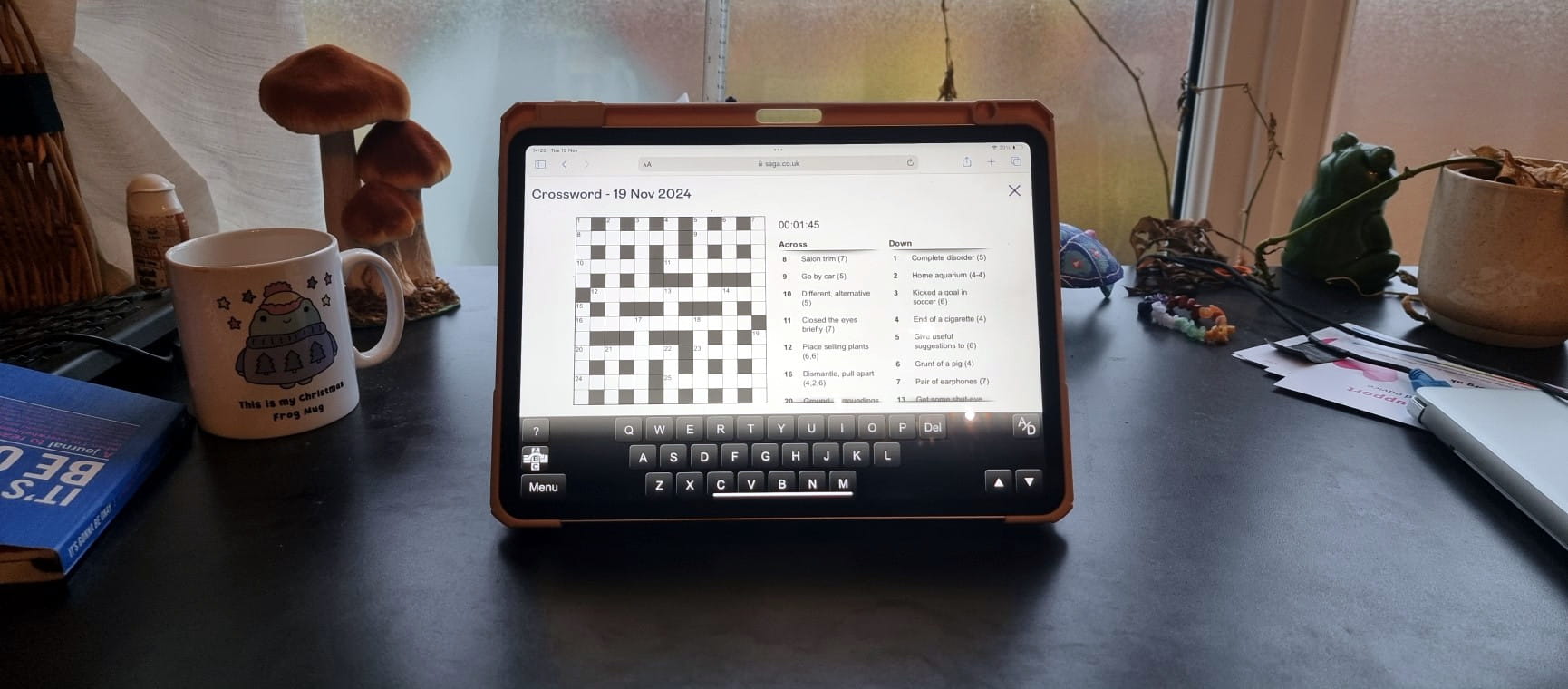
The ultimate guide to Saga Puzzles, full of technical tips, tricks and hints.
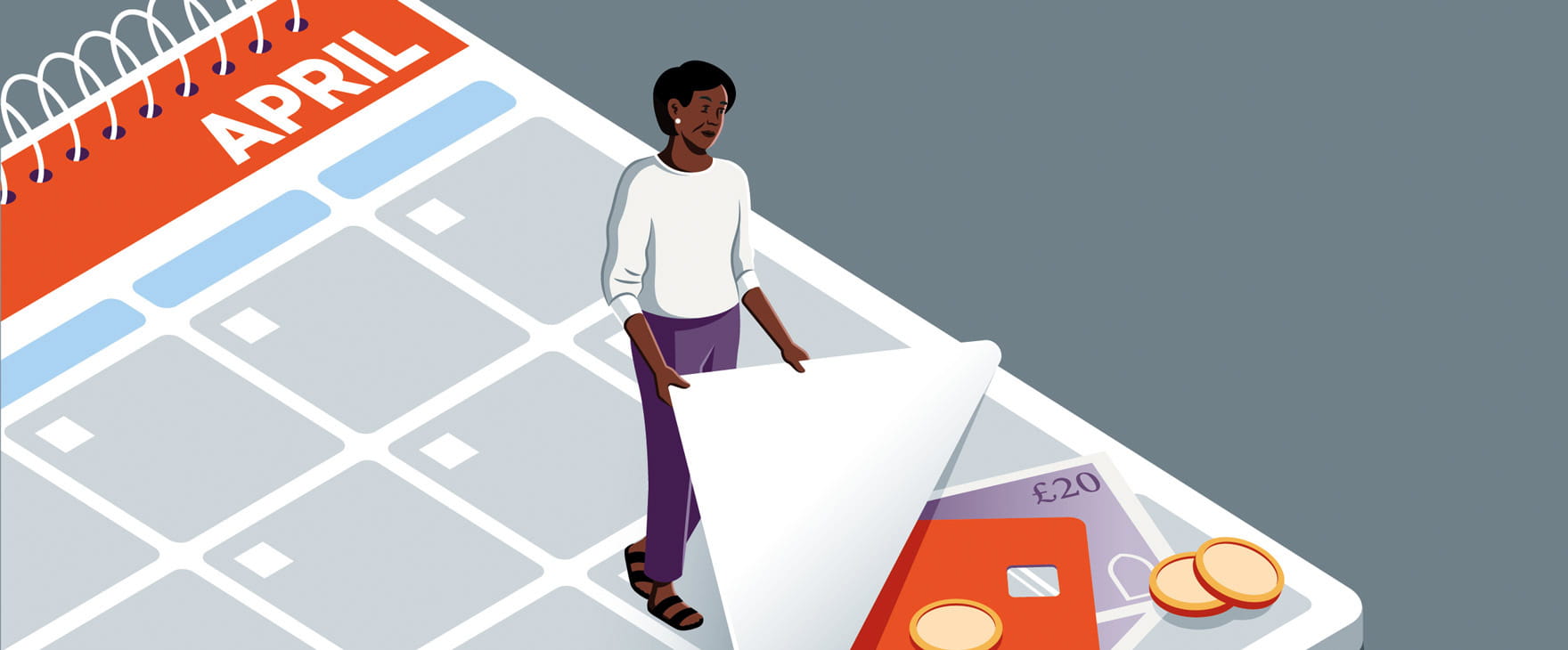
With the start of the new financial year on 6 April, our money expert explains the changes to your pension, benefits and taxes.

